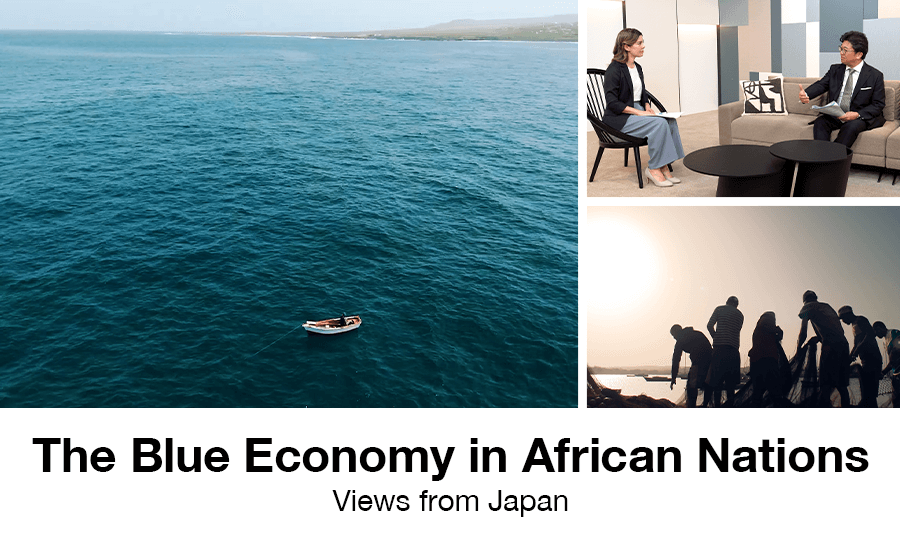The 9th Tokyo International Conference on African Development (TICAD9), held in August 2025, served as a platform for dialogue between African nations and the Japanese government. During the conference, the Blue Economy
— an economic model that balances economic growth, job creation, and environmental conservation while utilizing marine resources in a sustainable manner
— was officially recognized and discussed.
As 34 of the 54 countries in Africa have coastal or island areas, with total coastlines stretching over 30,000 kilometers, marine resources and fisheries hold significant potential for enhancing food security, improving food supply and nutrition, creating jobs, and strengthening local industries. At the same time, the sustainability of marine resources is threatened by overfishing, illegal operations, habitat degradation, and the impacts of climate change. At the same time, the sustainability of marine resources is threatened by overfishing, illegal operations, habitat degradation, and the impacts of climate change.
This program will take a close look at how the African continent, which is facing a food security crisis due to rapid population growth and the effects of climate change, is trying to open the door to a future in which it can overcome these challenges and achieve further development with the key of the Blue Economy. In the studio, SPF President Atsushi Sunami explores how Japan, as a fellow maritime nation, can work together with countries in Africa to advance the Blue Economy.
Visit the program website for details, including how to watch NHK World in your region. Video streaming will also be available on the program website from October 24 at 11:30 (JST).
On Air Schedule (JST)
October 24: 11:30-12:00, 16:30-17:00, 22:30-23:00
October 25: 4:30-5:00
This program is the second in a series focusing on the Blue Economy. The first program, "Blue Economy in the Ocean Super Year 2025: Views from Japan," was broadcast in August and can be viewed on
SPF's YouTube channel.
